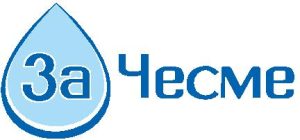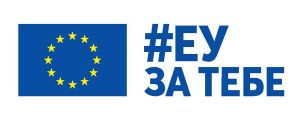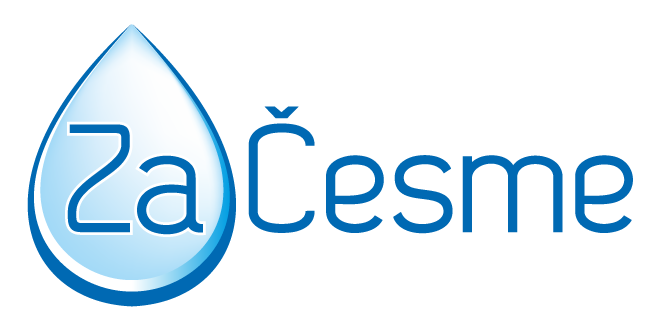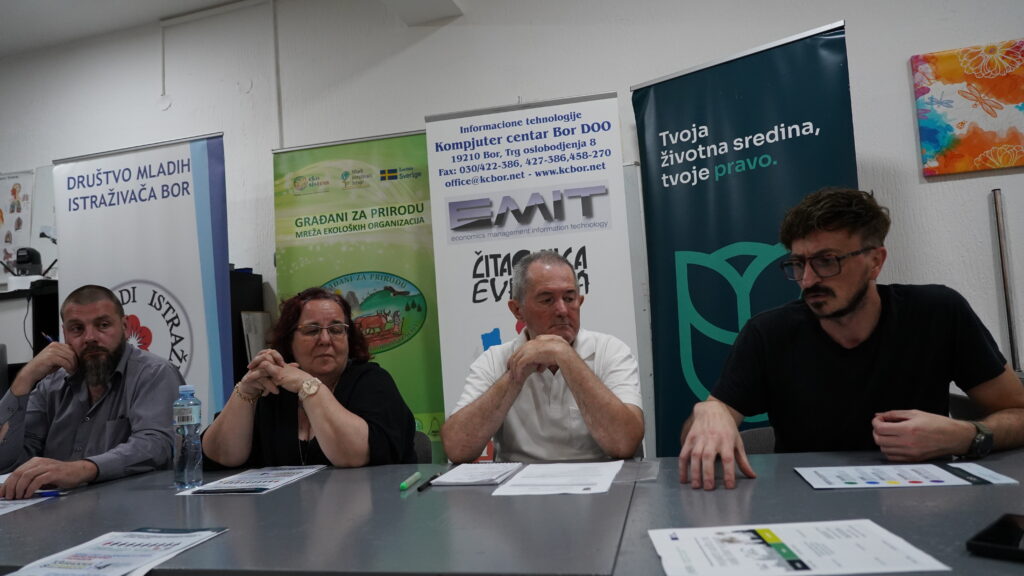
28/06/2024
More Than Half of Serbia’s Population Breathed Excessively Polluted Air in 2022
In the analysis of the Air Quality Report in Serbia for 2022, conducted jointly by the Regulatory Institute for Renewable Energy and Environment (RERI), the Belgrade Open School (BOS), and the Association of Young Researchers from Bor, it was shown that in 2022, all eight agglomerations and 13 cities, where over four million people live, were on the list of excessively polluted areas. Additionally, approximately 80 municipalities in Serbia were not included in air quality monitoring in 2022, meaning that around 1.5 million residents were not informed in any way about the air quality in their environments.
The Analysis of the Annual Air Quality Report in Serbia for 2022 was presented at the Media Center in Bor. The report was created based on data from the Environmental Protection Agency, as well as the results of air pollution measurements from local monitoring, particularly in cities and municipalities with industrial pollution, including Bor.
With the construction of the flue gas desulfurization plant, the new Sulfuric Acid Factory, and the reconstruction of other metallurgical facilities of the “Serbia Zijin Copper” company in Bor, in 2022 and 2023, the concentration of sulfur dioxide in the air no longer exceeds the permissible values. However, there is now concern about the frequent recording of increased levels of heavy metals in the air at certain measuring stations in the city, particularly cadmium, lead, and arsenic, emphasized Toplica Marjanović from the Association of Young Researchers in Bor. He stated that arsenic, which is one of the biggest problems in Bor, exceeded the annual values at four out of six measuring stations, with concentrations at City Park being 2.6 times higher than the allowed limits, at the Institute 2 times, at Jugopetrol 39.8 times, and at Brezonik 1.1 times above the permissible limits.
Dr Branislava Matić Savićević, a hygiene specialist from the Center for Human Ecology at the Institute of Public Health of Serbia “Dr Milan Jovanović Batut”, who attended this presentation, warned that protective measures against air pollution must be implemented much earlier.
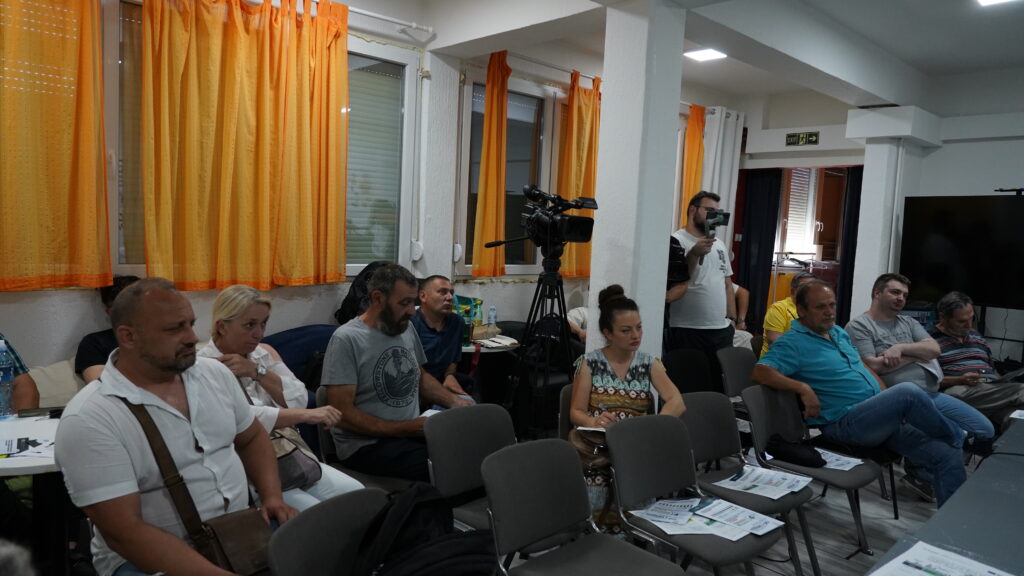
Photo: Saša Trifunović
Mirko Popović, Program Director at RERI, addressed the issue of funding for environmental projects. He noted that, while monitoring the development of plans in local governments in Serbia, they observed numerous measures and activities aimed at improving air quality, which ultimately lack sufficient funding.
In the analysis of the Annual Air Quality Report in Serbia for 2022, it is stated that only three out of 21 cities in the “excessively polluted air” category had an adopted Air Quality Plan. According to data from the Ministry of Environmental Protection, Bor received approval for its Air Quality Control Program for 2024, which includes an increase in the number of monitoring stations in the local network. Approval was also given for Bor’s Air Quality Plan, which outlines measures up to 2033 for sustainable operations in line with Serbia’s green transformation vision.
Association “Za Drinking Fountains”
This text was produced within the project “Environmental response to mining expansion in Timočka Krajina” funded by the European Union, and implemented by the Association “Za Drinking Fountains”, the Association of Young Researchers Bor, Civic Library “Europe” Bor and Children’s Center Zaječar. The content of the text is entirely responsibility of these associations and do not necessarily reflect the views of the European Union.
